ATF recently caught up with Robin Lockwood, Firekeeper in Leiper’s Fork, Tennessee, where she and her husband Rick have sunk deep roots. Robin is well known in the larger Sacred Fire community for her storytelling, which is based on everyday life in and around her hamlet. Her tales invariably evoke peals of laughter. In truth, Robin takes the listener on a journey through all emotions, inviting those gathered to dance to the flow of life. In this way, one might say, she so beautifully embodies the effect of Fire.
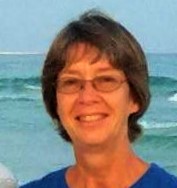
ATF: Hi Robin. It’s wonderful to catch up with you. Can you tell us a little bit about Leiper’s Fork and the community there?
Robin: We moved here July 1, 1995. As we drove through the sleepy little village in Leiper’s Fork, I knew I was home. When we drove into our driveway, the first thing that came to me is that it would really take an act of Divine to force me to leave. This land and this place is deeply rooted in ancestral history – from large indigenous populations that are no longer living here to intergenerational families that came to the Land after the American Revolution. Most of us that live out here live distances from each other. The village itself is about 200 people, with about 5000 people living around the village. We are well known for taking care of each other in times of distress, whether they be tornadoes, flooding, or other accidents. All it takes is one person finding out that someone is in trouble or has had financial issues—a house burns down, whatever. Then there is a general upswelling, where people reach out and start gathering materials to rebuild the house, or giving money, or bringing meals, or going to a home smashed through by a tornado and packing up what’s left and putting it into storage, or taking in people’s animals. I don’t know how else to say it. It runs very, very, very deep, this sense of community.
ATF: How do people make their livelihood where you live?
Robin: There are no longer as many, what I would consider, “true farms” out here. In 20+ years there has been a general decline in farming although there are still several large farms. There is a dairy, and a lot of open pasture is cut for hay for people’s livestock. There is no longer a pig industry here…although I do have a pet pig! Most folks that live out here actually end up commuting into nearby Franklin or Nashville to go to work. They have pretty diverse occupations. I have friends who are paralegals—one owns a marketing company, some are surveyors. There are a few younger couples that purchased land and started their own CSA program. We have a Cordon Bleu chef-owned bakery and in the village there are a couple of VERY nice art galleries, antique shops, restaurants. It has become a tourist destination.
ATF: Can you say more about the Land there?
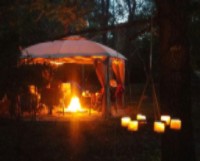 Robin: It is awfully pretty here. Lots of hills and hollows and winding country roads. There is magnificent color in the Fall. The springs are gorgeous, with redbud and dogwood and wildflowers that come up. The county that I live in is still considered pretty rural, so there is still a lot of open land. There is a lot of effort on the part of people with large acreages to put land into trust so that it is protected in perpetuity.
Robin: It is awfully pretty here. Lots of hills and hollows and winding country roads. There is magnificent color in the Fall. The springs are gorgeous, with redbud and dogwood and wildflowers that come up. The county that I live in is still considered pretty rural, so there is still a lot of open land. There is a lot of effort on the part of people with large acreages to put land into trust so that it is protected in perpetuity.
The First Nations people of this land were primarily Muskogee Creek. There are archaeologically known settlements around here that date back as far as the Woodland and Mississippian period. There are burial mounds and trail guide trees. The peoples that lived here typically had their settlements or city sites close to water. We have a great deal of water here, many rivers and their tributaries. I live on top of the Tennessee Divide. All the water to the north goes to the Harpeth River, and to the south it goes to the Duck River. Within different areas you will find village sites where people lived, died, had children and made their arrows, pots, and effigies. They basically had a life. They hunted. They lived within the parameters that the gods and Nature provided for them.
There is an interesting phenomenon that happens to a great deal of people who come here. The Land is very healing.
There is an interesting phenomenon that happens to a great deal of people who come here. The Land is very healing. There is a very deep sense of healing when you come through the intersection of highways 96 and 46, and then down 46 to Leiper’s Fork. Whether you drive, walk, ride a bicycle – there is a deep, pervasive, healing energy. People are drawn out here. Now the tourism industry has created “Music City USA” and there is great phenomenal music almost every day, almost all the time, with famous musicians and artists that live out here. But the one thing people come out here for is healing. People are drawn out here. They want to live out here. And then they come and those that really have this stamina to heal – and healing takes stamina and persistence and determination – those that have that inside themselves come here and they heal. Those who can’t deal with that kind of energy, they are gone within a year. It is an incredible thing that happens here.
ATF: Is there anything else you’d like to say about the Land?
Robin: We have a great sense of biodiversity here, with the flora and the fauna. There are a hundreds of creeks, streams and rivers that run through here. Nature is very pervasive. We do end up ever so often really having to go to bat for Nature. We just had a big developer out of Texas who wanted to come in and take 2000 acres and turn it into a high-density-living golf course and shopping place out in the middle of nowhere. Basically they came in and told the people, “It’s a done deal.” A lot had been done under the table, but when the citizens and the people who live out here and who treasure this place found out about it, they drew the battle lines. We all went to work, and now the county is taking the little town that annexed the land to court because they had annexed land they were not allowed to. It all comes down to a land grab. It looks like our efforts are going to be fruitful. There is a great respect and love for our woods and our trees and what we have.
ATF: That is a wonderful example of community and living in relationship with each other and the Land.
Can you tell us how you came to the Sacred Fire Community and Firekeeping?
Robin: Through Plant Spirit Medicine (PSM). I have been a medicinal herbalist for a long time. As I was working with plant medicines, I came to an understanding that there was something else that was doing the healing besides the physical aspect of capsules and tinctures. So I had begun a search for whatever THAT was, and I found Eliot Cowan’s book (Plant Spirit Medicine) at a bookstore in Nashville. I bought it and started reading it during my lunch break. I was working at a health food store and somebody had to come back and get me because I was late getting back to work. I held up the book and I said, “This is it! This is exactly what I was looking for.” It took me five years before I could actually study with Eliot, because my youngest of three boys was still so young. Just as he was getting old enough, they announced a class in Asheville, NC, which is five hours from me. That was in 2000.
ATF: And that led you to Firekeeping?
Robin: Yes. I had become interested in becoming a firekeeper, and Stephen Skinner, who lived an hour from me, was my sponsor. I had been holding fires for about four years before becoming an initiated firekeeper. This isn’t how it is meant to be. Stephen became very sick, and during that time people had stopped coming and I didn’t seem to have a lot of community support. So before Stephen passed away, I promised him that I would follow through with my commitment to become a Firekeeper. I was initiated in 2011.
ATF: Can you tell me about the people who come to your fires?
Robin: I still have small attendance at my fires. Sometimes up to 10, but that is a big night. I have some folks that have been coming to the fires since I started having them. New people have started coming in the last couple of years. It is always real interesting to me – you send out the invitation and you never know who is coming. I don’t ask for an rsvp. It is intriguing for me to see who Grandfather has on the invitation list for that weekend. Especially since I became initiated, and with participation in the Dancing with Emotions trainings that we take, I think our fires have grown in depth and sometimes intensity. People are moving more and more into being comfortable with expressions of emotions or life situations around the fire. The dynamics around my fire can be quite diverse. Sometimes people come and the energy that night doesn’t seem conducive to deeper sharing, though it is wide open to incredible stories. These stories take you back into the generations of people who have lived here before. Sometimes they are about people’s experiences. We laugh until our stomachs and cheeks hurt. Some nights the stories are so emotionally intense that we are all blubbering like babies. But the bottom line is that I wouldn’t trade it for the world, and the Fire is working! One of the funny things that started happening in the Leiper’s Fork community, right around the time I took the Plant Spirit Medicine healer (PSM) training course, is that people started building fire pits in their backyards, and I’d come back into town, and all of a sudden I would find they are having fires at different events like outdoor movie night and such. What I have had to do with our community fires is to make a distinction that our fires aren’t parties, that we are doing something different. The trick is how to phrase the invitation so that it sounds appealing and engaging.
ATF: Yes, language can be tricky in describing something accurately. If the words “fire ceremony” were to be used, for example, that might attract some people and put others off, such as those who might think, “I’ve just had a long work week; I just want to kick back and have some beers.”
Robin: Yes, here in our neck of the woods, I might hear, “I’m a Christian, I can’t go to ceremony.” It can be an unspoken “ghost” in the field. For instance, there was a woman – the only time she ever came to the fire, about a year ago – who wasn’t comfortable making the offerings. I reassured her that it was perfectly fine, and she didn’t have to. She stayed for the entire time of sharing and conversation. She has never come back but recently she contacted me and asked me, “When are your fires? I really got a lot out of that fire, I’d like to come back some time.”
ATF: Robin, you are also engaged in some important work – not directly related to your work as a firekeeper – and that is the annual pilgrimage to Stone Mountain (Tsantawu) near Atlanta, Georgia. With the guidance of Grandfather Fire, you and others have been bringing back the ritual work, which involves a form of pilgrimage, to honor and offer gratitude for beneficial weather.
Robin: Beyond a shadow of a doubt the Tsantawu Council, the weather ceremonies, are part of my ancestral tradition. Having a very strong connection to my tradition, I feel it makes me a stronger firekeeper. I don’t really know if I have the language to explain it. It just solidifies something for me. You walk into this world and ask, “Why am I here? What is my purpose?” When I found my tradition, my world opened in ways I can’t really describe other than being firmly in my roots, in my shoes. It was something I did not have before. So the work of the Sacred Fire Community for me – I worked for the community organization for several years – it was important work, and it is work I did with all my heart. Plant Spirit Medicine brought me to what became the Sacred Fire Community, that brought me to Firekeeping, and the journey of all that brought me to Stone Mountain. First I was on the support team, and I instantly knew this would be my work for the rest of my life, even if just on the support team. When the ritual work was opened to community, I was like a duck to water. It has been a general progression of PSM to Fire, of healing to being given my tradition.
ATF: Do you have any parting words for the newcomer?
Robin: I would just say: “Listen to your heart. Learn to distinguish between the mind chatter and the heart and as you learn to listen to your heart, it will always guide you on your path.”
Are you drawn to the warmth of sacred fire? Find your fire!
Learn more about the path of Firekeeping in the Sacred Fire Community.

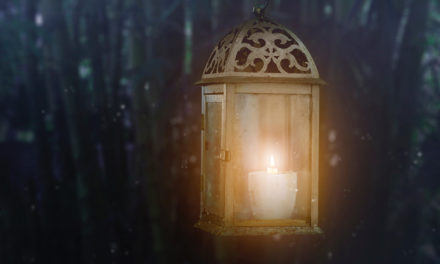

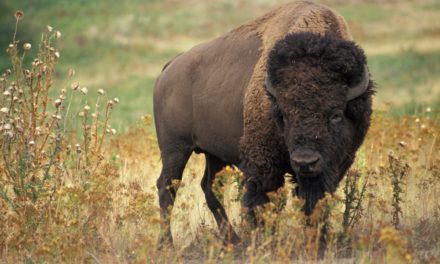
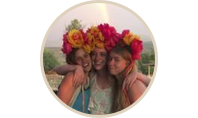

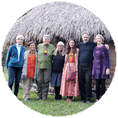

Robin, I’d love to know more about your annual pilgrimage to Stone Mountain GA. I live in the Atlanta area and would love to participate if allowed.
Melody